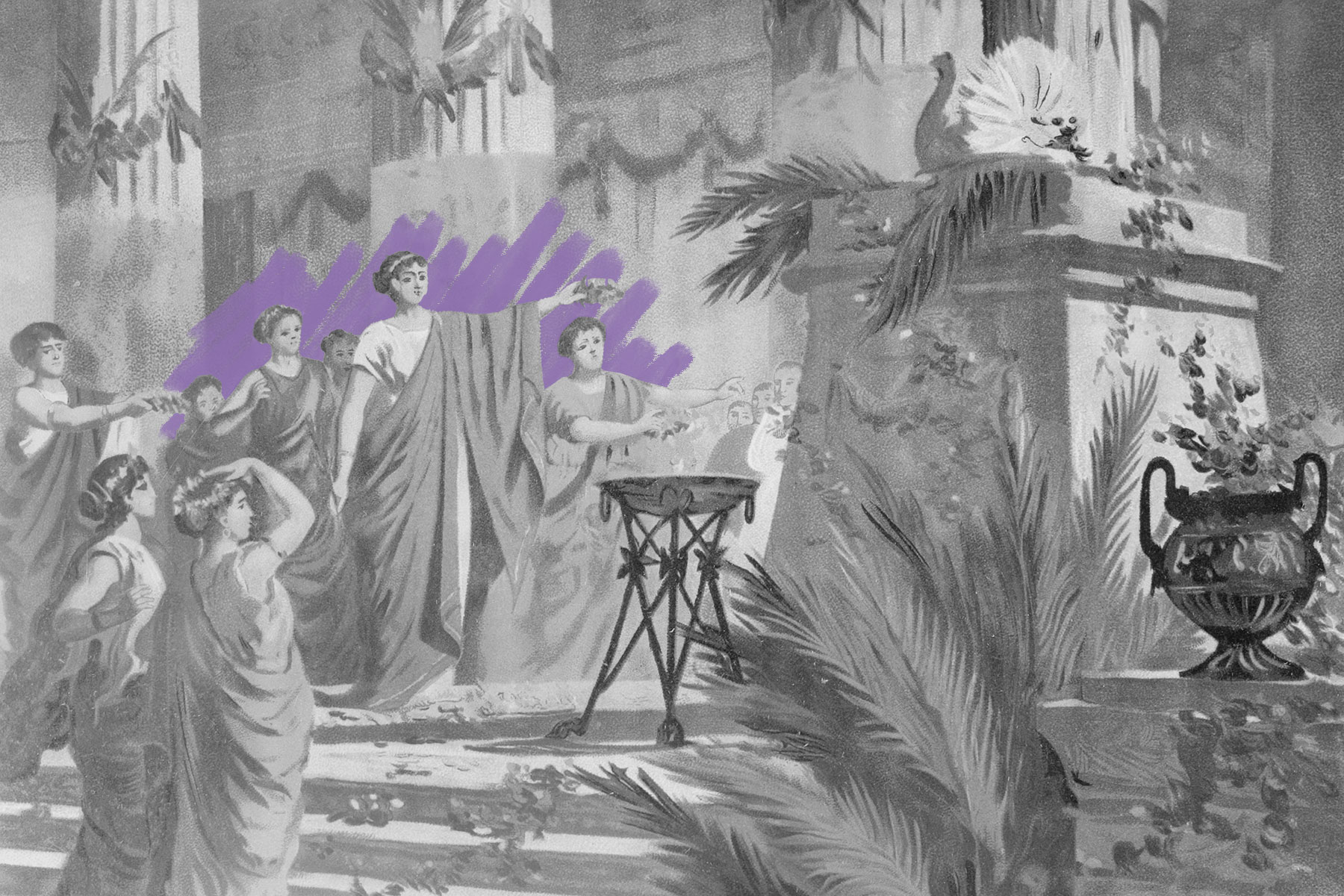The ancient Romans celebrated a version of Mother’s Day.
Each May, American families celebrate their matriarchs with brunches, flowers, cards, and phone calls. Thousands of years before this modern Mother’s Day tradition started, the ancient Romans had a similar observance, although it focused on marriage and childbirth at least as much as mothers themselves. Celebrated each year on March 1, Matronalia commemorated the establishment of a temple to Juno Lucina, the Roman goddess of childbirth, on Rome’s Esquiline Hill.
As on our modern Mother’s Day, husbands would give their wives gifts — but that’s about where the similarity ends. Matronalia was a pretty pious affair; after a procession of married women to the temple to make offerings to Juno Lucina, families would return home and pray for marital happiness. Enslaved women were also given a feast by their female enslavers as part of the festivities.
Matronalia wasn’t the only ancient Roman holiday relating to mothers, however. In fact, it was pretty tame in comparison to the annual celebration of the Great Mother of the Gods, also known as Magna Mater or Cybele, who entered the Roman pantheon around the third century BCE. Her festival, called Megalensia, took place over several days in March or April, and included games, theatrical performances, and other rituals.









